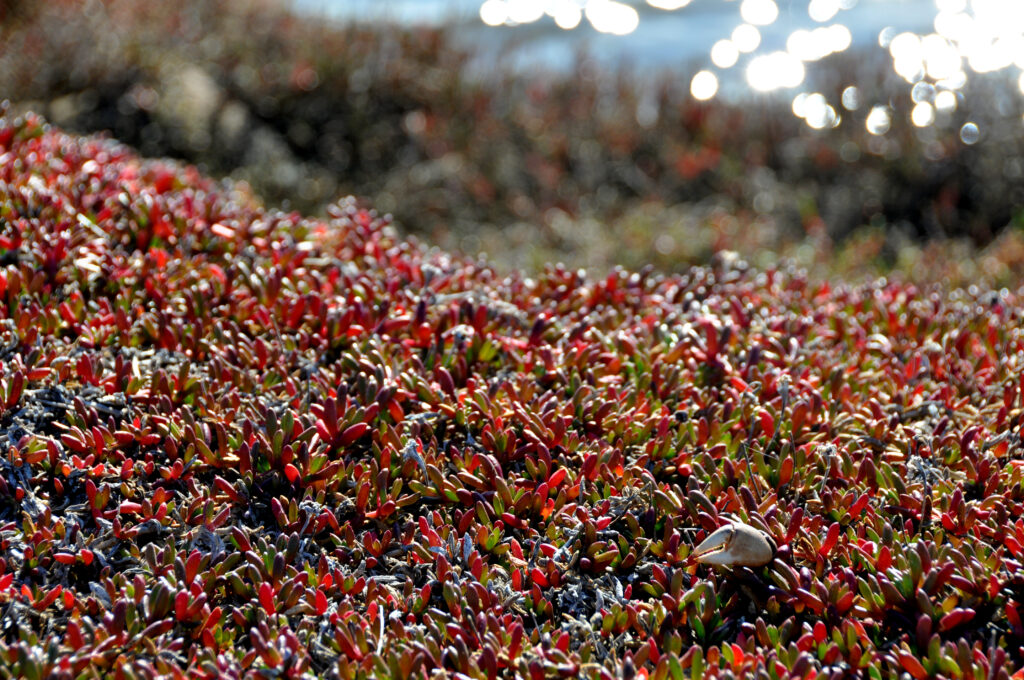NRM South, the natural resource management organisation for southern Tasmania, is celebrating the expansion of its water program thanks to a significant funding boost from the Australian Government’s Blue Carbon Ecosystem Restoration Grants.
NRM South is one of only five recipient organisations across Australia to share in the $9.5 million investment, with close to $800,000 awarded to a saltmarsh restoration project at the internationally significant Pitt Water-Orielton Lagoon, near Hobart.
Blue carbon refers to the carbon stored in coastal and marine ecosystems and the funding will go towards tidal marsh restoration to improve its capacity to store carbon. Project activities will also benefit biodiversity, recreational fisheries and tourism, and improve coastal resilience to the impacts of a changing climate.
Jennifer Hemer, Manager for NRM South’s Marine and Water Program explained why these ecosystems play such an important role in carbon storage. ‘The value of coastal and marine ecosystems such as saltmarshes is often overlooked. But these types of ecosystems can be up to five times better at storing carbon than rainforests. We’re hoping that improving the carbon storage potential of areas such as saltmarsh in Pitt Water-Orielton Lagoon can help us address some of the impacts of climate change.’
This project, covering a 65-hectare area, is building on an existing Australian Government funded project to restore a stranded area of temperate saltmarsh community in the lagoon to improve fish habitat. Working with partners University of Tasmania and Blue Carbon Services, NRM South’s new project will help researchers find out more about the benefits of restoring a large area of stranded temperate saltmarsh, including how restoration affects the ability of the saltmarsh to capture and store carbon and how it impacts on surrounding habitats such as seagrass.
The project will run until June 2025.
